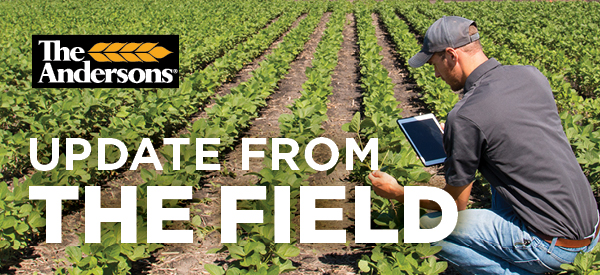Update from the Field: Three Keys to Successful Planting
Posted by Dave Dyson, Agronomist on May 08, 2019
The post may reference products and/or services only available to our Retail Farm Center customers. For more information contact your Territory Manager at The Andersons.

Is it possible to have too much of a good thing? While rain is undoubtedly a good thing, this spring proves the popular saying to be true. Mother Nature is providing an abundance of rain throughout a majority of the Midwest. The excess rain is causing an increase in soil moisture, leading to delayed planting yet again (Figure 1). In dealing with these challenges, there are three key considerations to help ensure successful planting.

Figure 1: Soil moisture map from the NOAA.
1. SELECT A VARIETY BASED ON YOUR PLANTING CONDITIONS
Seed vigor is the first consideration, and all seed varieties are tested and rated for cold germination. These ratings are published in their respective seed guides. To give a couple of examples, Pioneer will rate their cold germination as “stress emergence”, and DEKALB will rate their cold germination as “emergence”. There is no industry-wide standard of cold germination testing so these ratings will all be compared relative to their own varieties. I recommend planting varieties which are rated high on cold germination. This will decrease your chances of the cold soils hampering the germination process. If you have questions, a seed representative from The Andersons can guide you in the right direction.
2. UTILIZE A SEED TREATMENT
With this weather and soil conditions, seed treatment is worth its weight in gold. In cold and wet conditions, germination and tissue growth will be slow. When the kernel slowly shoots out the mesocotyl and the radicle root (Figure 2), it is susceptible to damage from insects and fungal diseases. Seed treatments can provide protection for the seedling while it grows out of the “danger zone”. Once emerged, the risks are reduced, but not completely gone. Seed treatments will last about a month after planting, giving you a cushion in case slower growing conditions persist.
Figure 2: This picture from Purdue University shows the different parts of a seedling. With the low temperatures so far this season, the growing degree days are accumulating slowly, so it could take up to two weeks before emergence occurs.
3. APPLY A STARTER FERTILIZER AT PLANTING
Finally, using a high quality, low-salt starter fertilizer such as Season Pass® Plus with AVAIL® close to the seed will “pop” the seed out of the ground faster than any other input available to you. In cold soils, the plant will be slower in developing a root system to acquire sufficient nutrients. Without enough nutrients, the roots system will be stunted. This problem could spiral out of control and lead to seedling death. Readily available nutrients near young plants will help ensure rapid early-growth and the formation of large leaves which are necessary for photosynthesis. Phosphorus promotes vigorous root growth, but it is immobile in the soil, so undeveloped seedling roots have difficulty obtaining the necessary amounts for proper growth. You should expect to achieve three goals through a starter application:
- Faster emergence
- Quicker growth processes which will lead to earlier pollination
- Earlier crop maturity and dry down
In conclusion, since we will be planting into soil conditions that are wetter and colder than we would like, consider the cold-germination ratings when selecting your seed varieties. Once you’ve selected the best seed for your situation, ensure the seed is treated to protect it against insects and diseases. The final consideration is to place a high quality, low-salt fertilizer close to the seed in order to provide necessary early season nutrients. Rapid emergence and stand establishment will positively influence plant development and yield during early growth stages. Fast-growing young plants generally are more resistant to insect and disease attacks and can compete with weeds more effectively. In a late year like this one, quickening this crop to maturity will pay dividends. Contact your local Ag Advisor for a starter recommendation from The Andersons that will fit your fertility program.
FOR MORE INFORMATION:
Please complete the form, and we’ll get you in touch with your Territory Manager from The Andersons.

Dave Dyson is a regional agronomist for The Andersons’ Farm Centers which are located throughout Ohio, Michigan, and Indiana. He is an Indiana native and grew up on a dairy farm in Miami County. A graduate of Purdue University with a degree in Crop & Soil Science, Dave has a deep knowledge of various agronomic topics and is committed to helping growers improve their crops. If you have any questions, Dave can be reached at david_dyson@andersonsinc.com.
© 2019 The Andersons, Inc. All rights reserved. Season Pass is a registered trademark of The Andersons, Inc. AVAIL is a registered trademark of Verdesian Life Sciences. All rights reserved.



